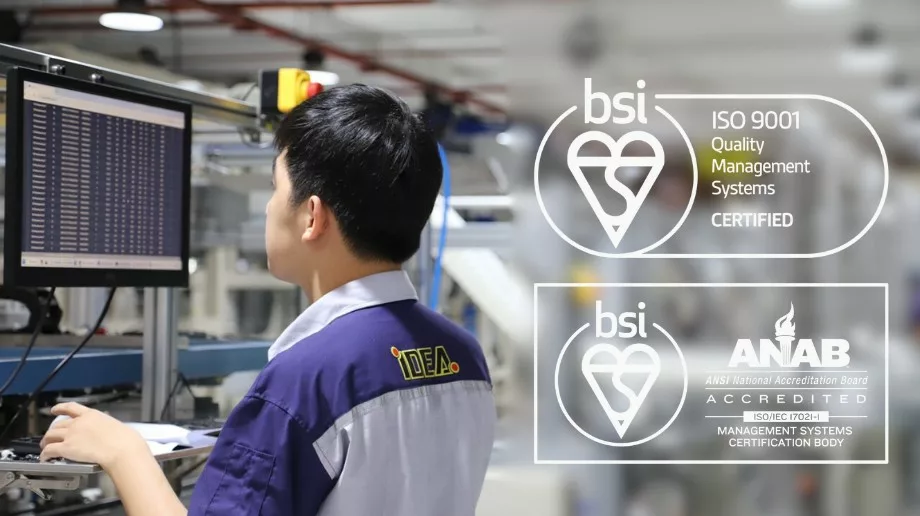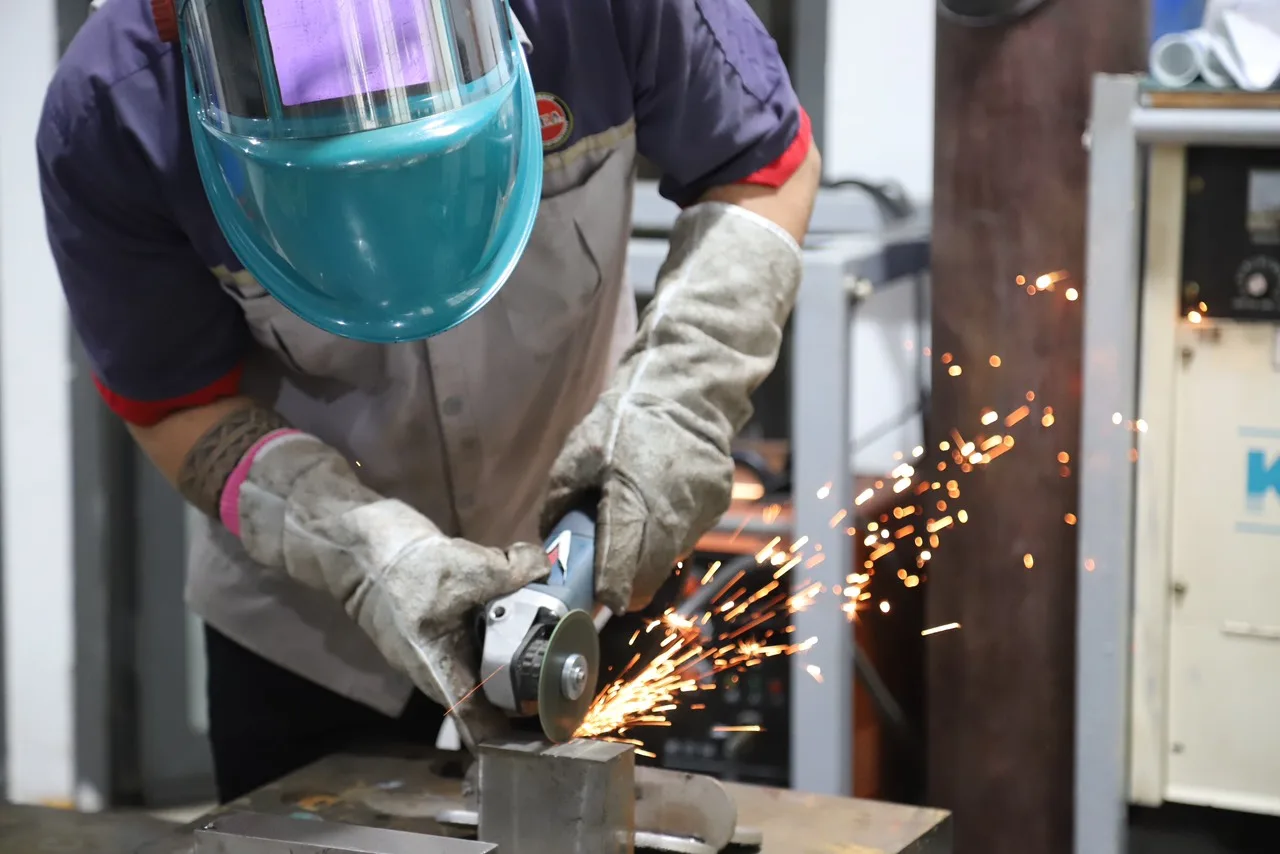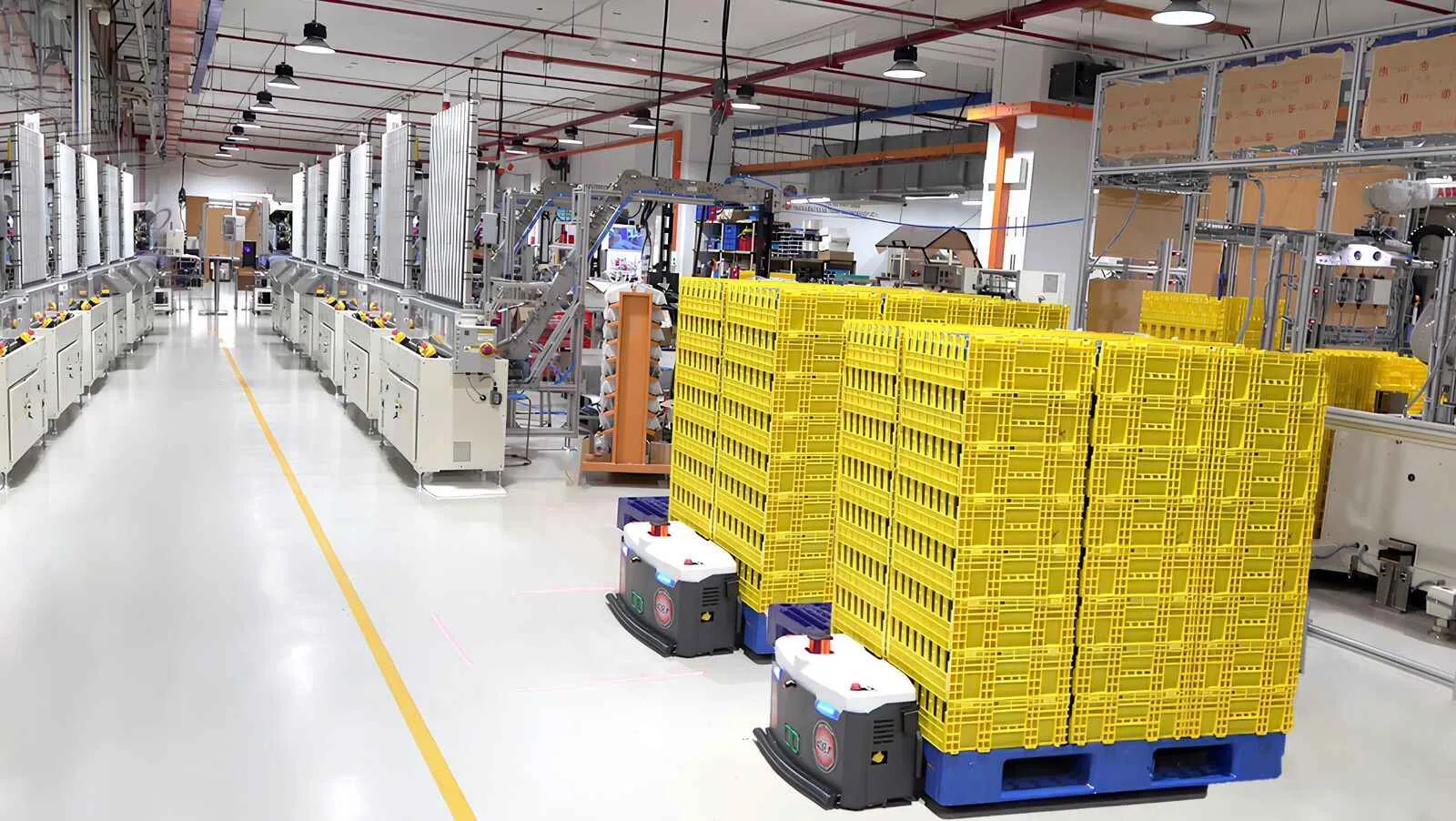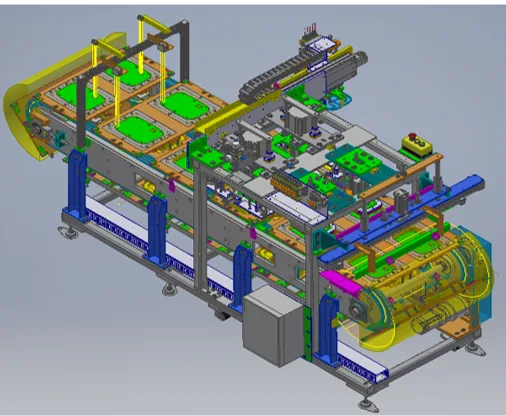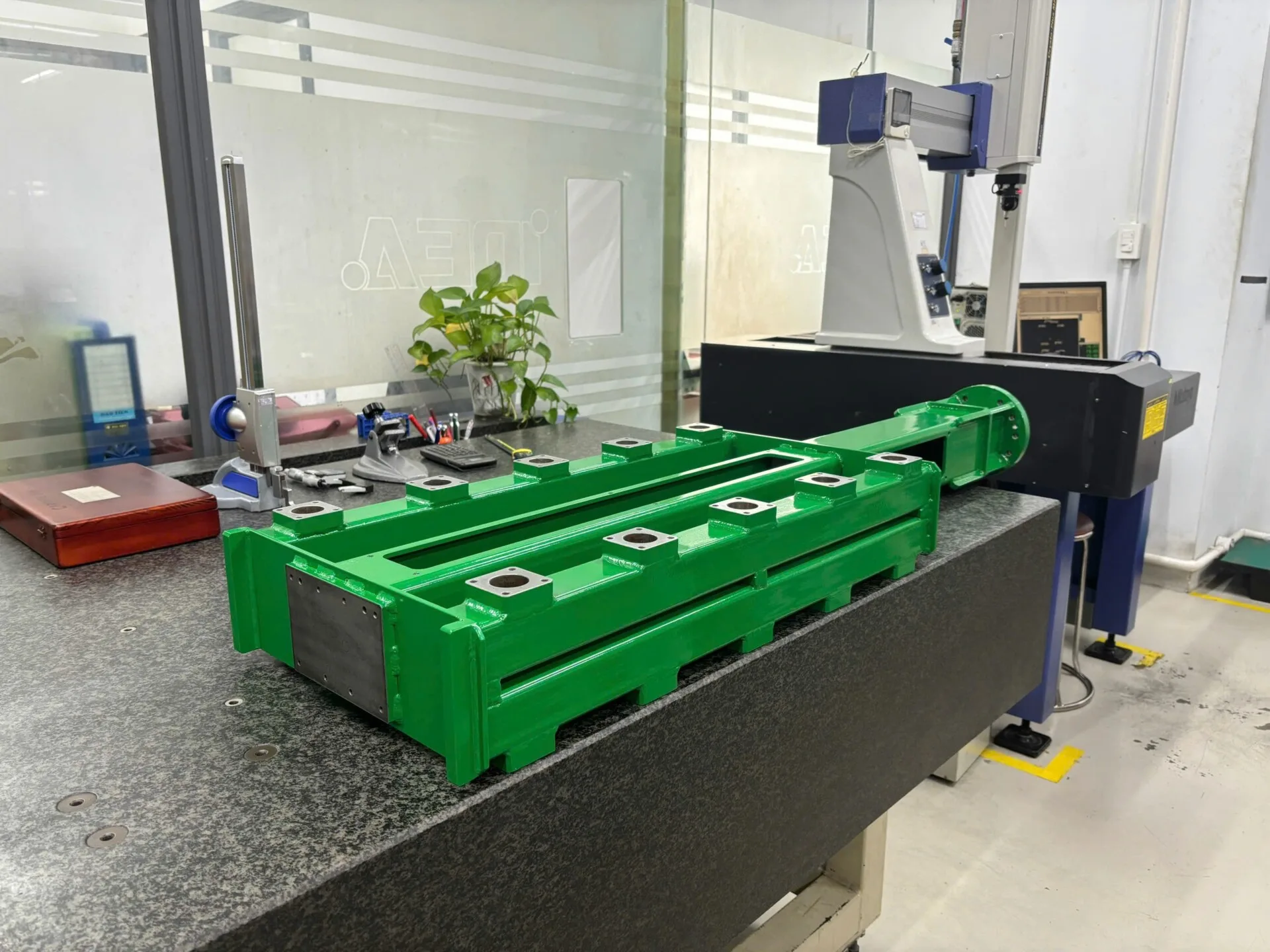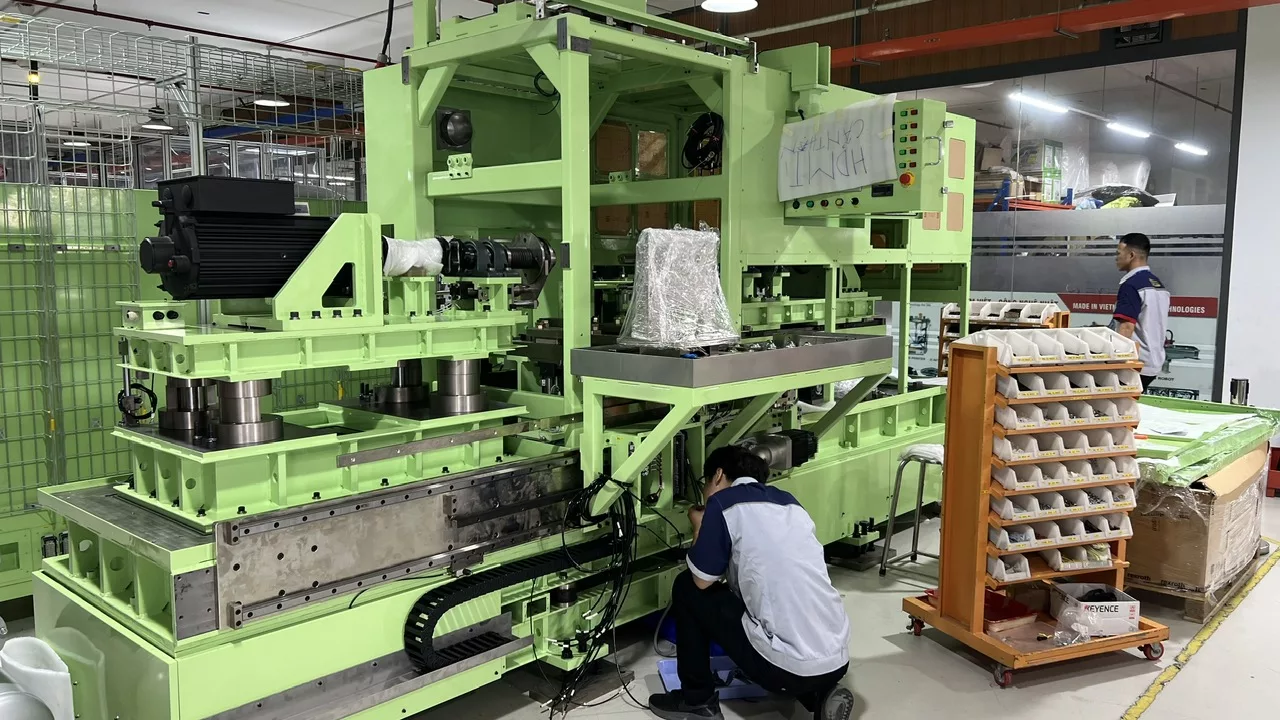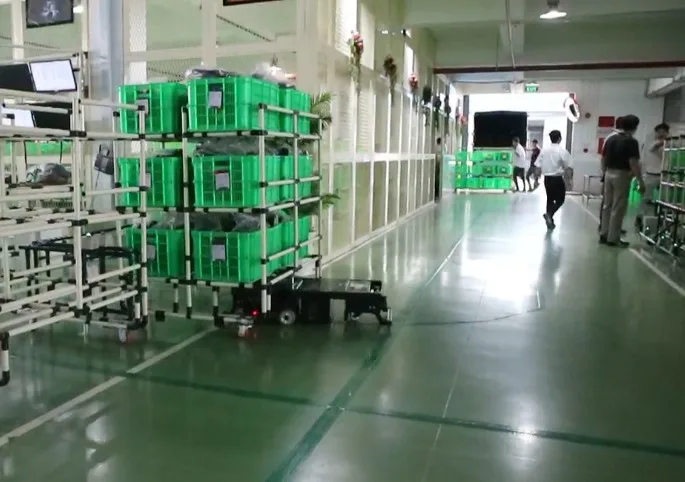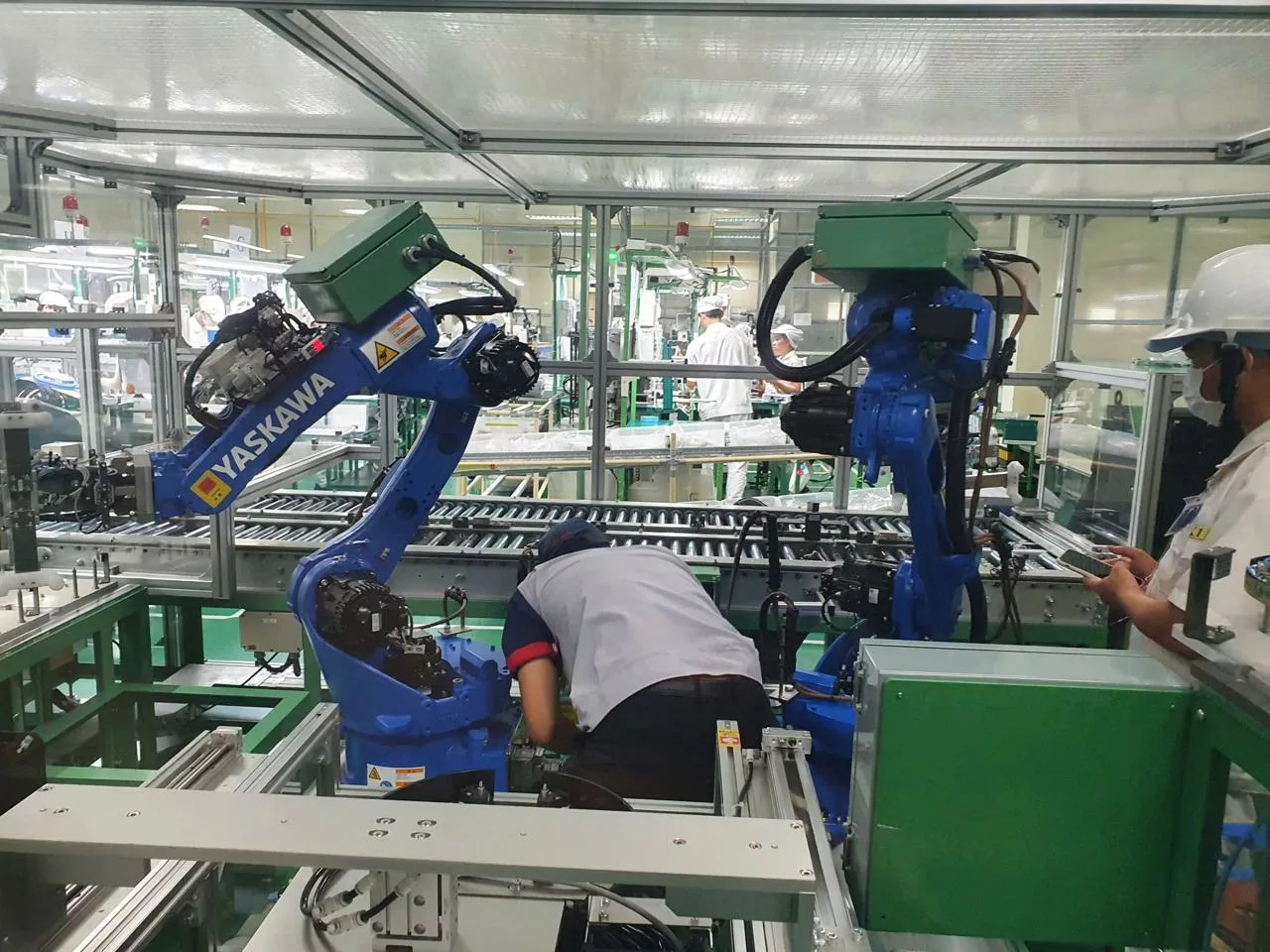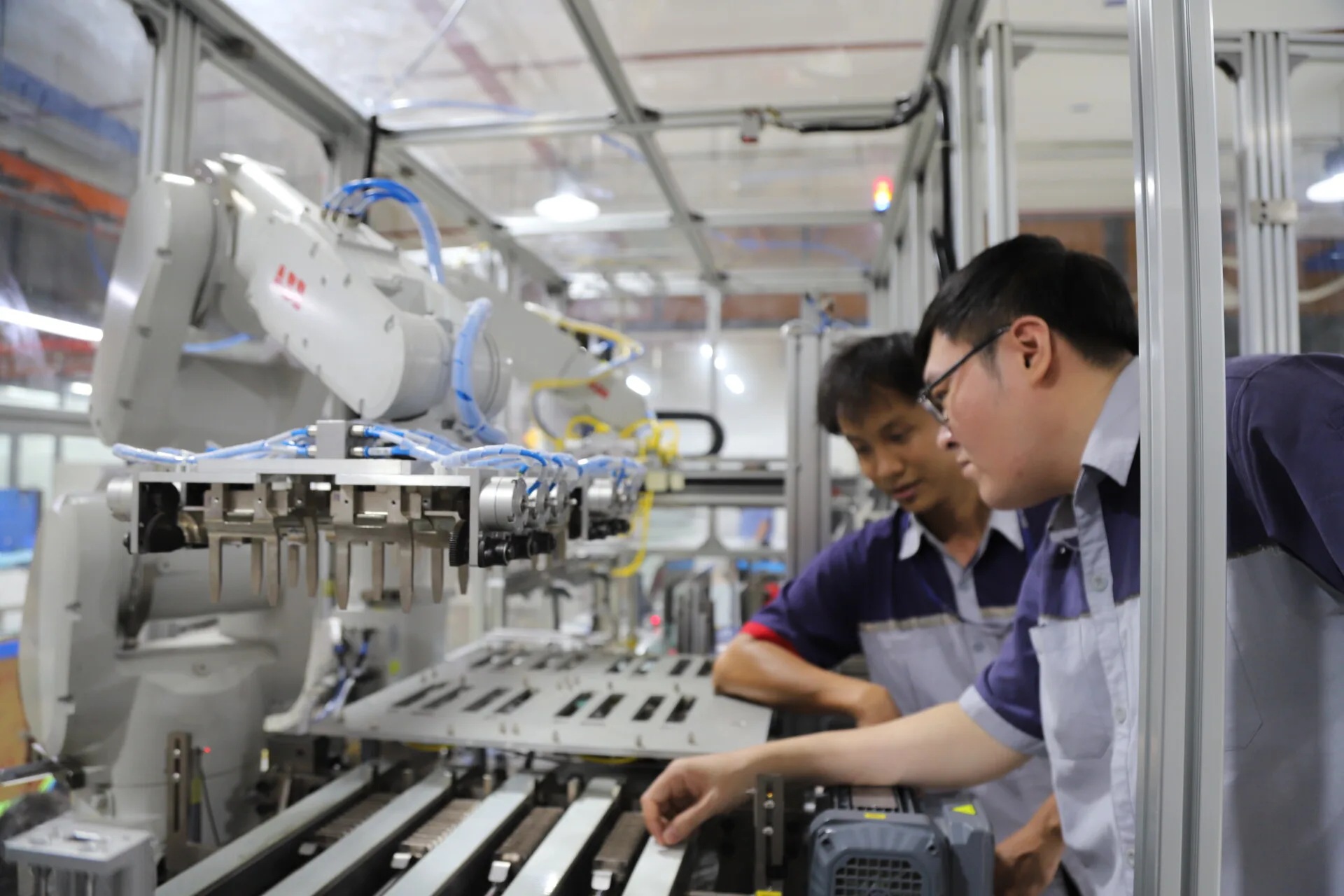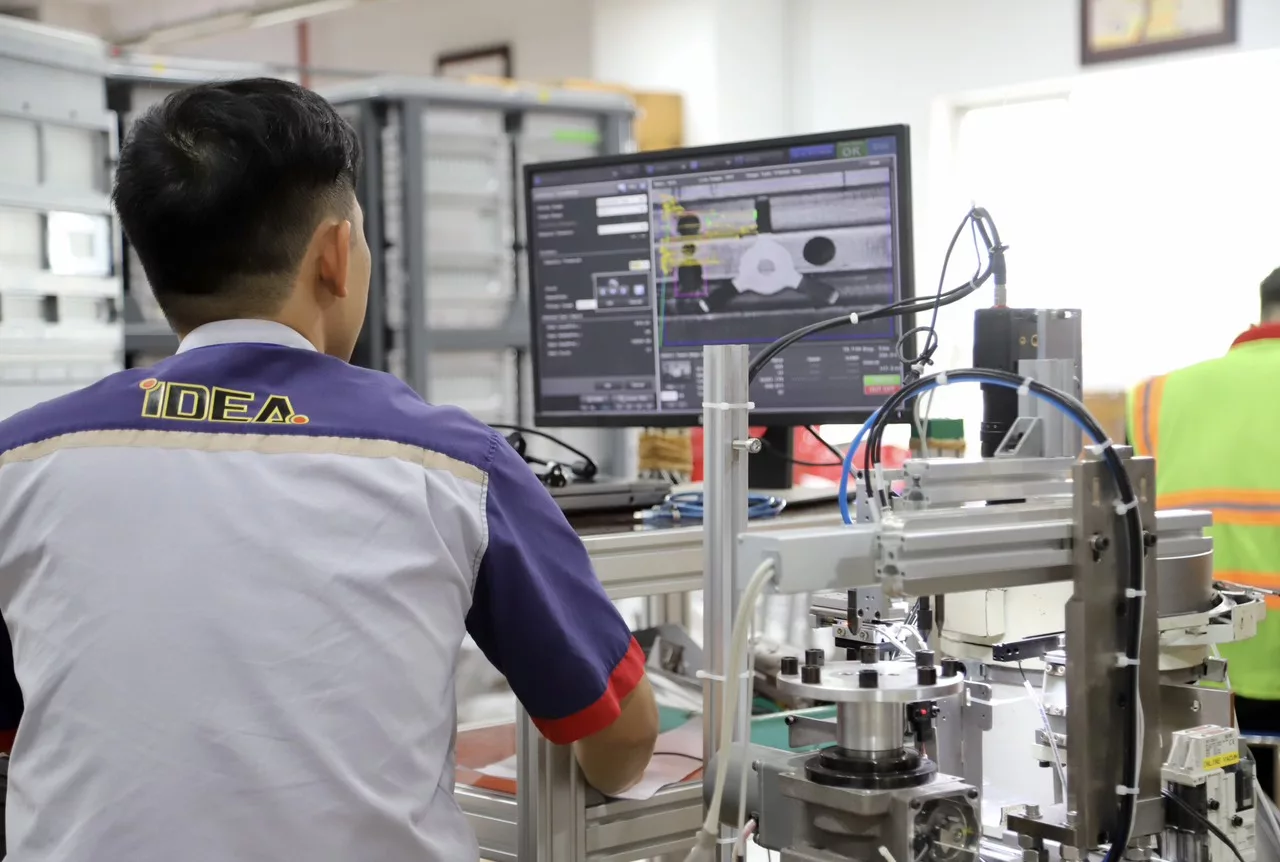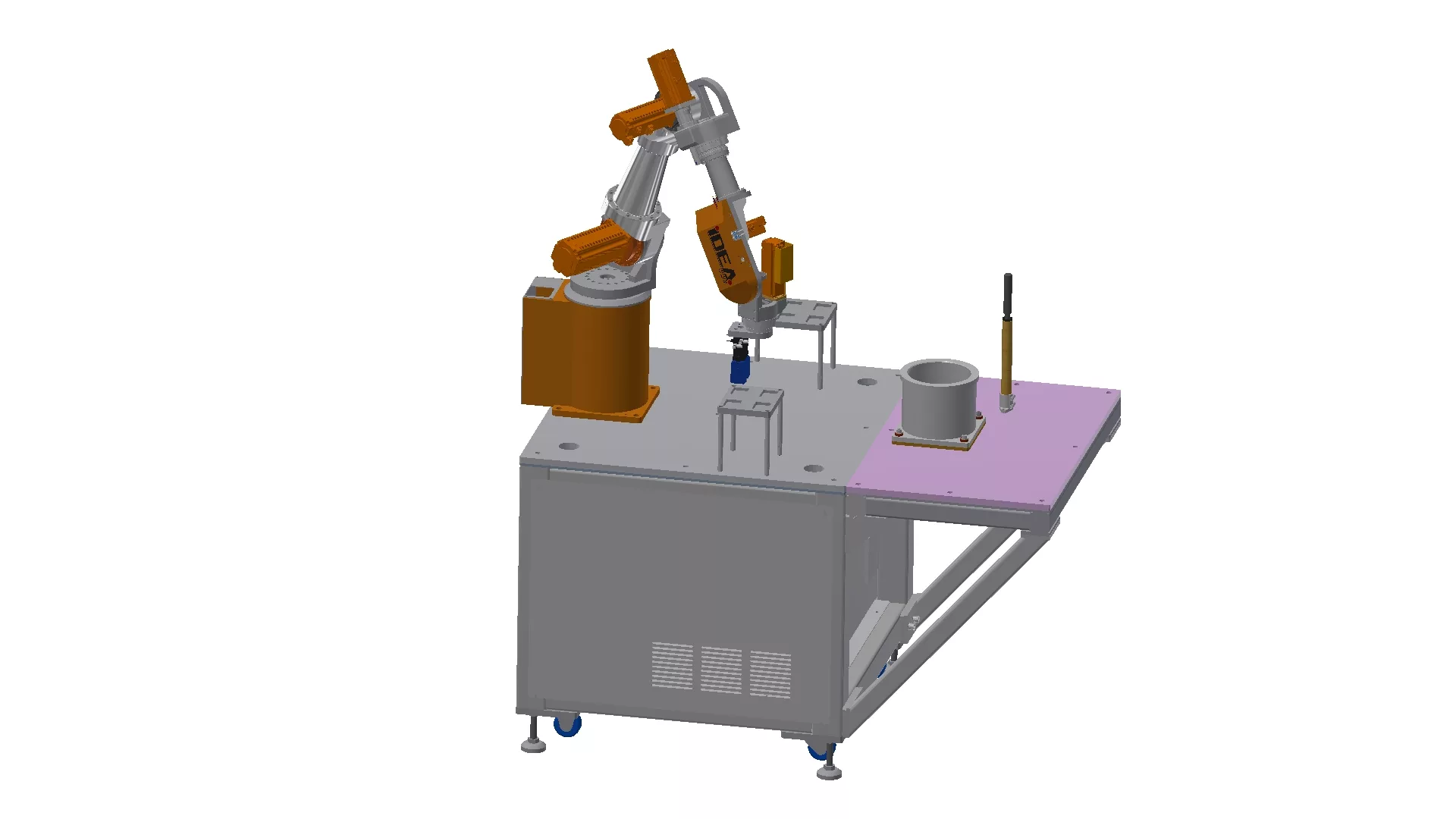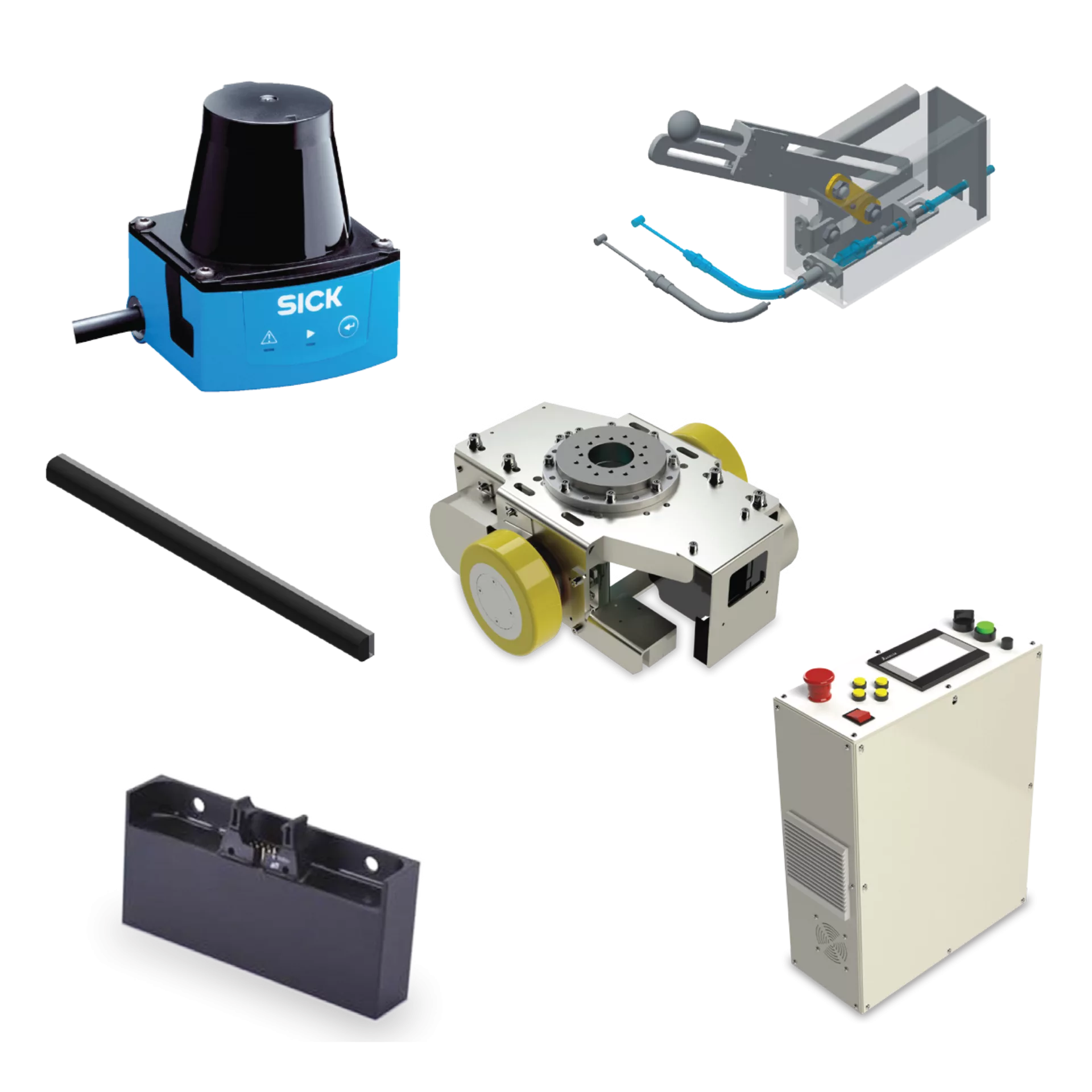Choosing the right materials for precision components is vital to ensuring high performance, longevity, and efficiency in modern engineering applications. Each industry has unique requirements, and matching these with the appropriate material properties can significantly influence the functionality of manufactured parts. This guide explores the essential criteria for selecting materials for precision parts across sectors like automation, aerospace, and industrial manufacturing.

Understanding Precision Components and Their Importance
Precision components are intricately engineered parts that must meet strict dimensional tolerances and perform flawlessly under demanding conditions. They are commonly found in machines, tools, automation systems, and electronic devices. The performance of these components highly depends on the selection of materials that offer the right balance of strength, durability, and environmental resistance.
Key Material Properties to Consider
When selecting materials for precision components, engineers must evaluate various physical, mechanical, and chemical properties to ensure optimal performance. Core material properties include:
- Hardness: Essential for wear resistance in moving parts.
- Tensile Strength: Determines how well a material can endure tension without breaking.
- Thermal Stability: Important for components operating in high-temperature environments.
- Corrosion Resistance: Crucial for parts exposed to moisture, chemicals, or other corrosive elements.
- Machinability: Affects manufacturing efficiency and cost.
Common Materials Used in Precision Machining
Depending on the application, different materials can be selected to meet specific demands. Some commonly used materials include:
- Stainless Steel: High strength, good corrosion resistance, and suitable for medical and food-grade applications.
- Aluminum: Lightweight, strong, and highly machinable — ideal for electronics and automotive parts.
- Titanium: Offers excellent strength-to-weight ratio and corrosion resistance, often used in aerospace.
- Plastics (e.g., PEEK, PTFE): Lightweight, chemical-resistant, and electrically insulating, ideal for medical and electrical components.
- Bronze & Brass: Known for their machinability and resistance to friction, perfect for bushings and bearings.
Industry-Specific Material Selection Factors
Material selection for precision components may vary significantly across engineering industries due to operational environments and performance criteria. Here’s how they differ:
- Aerospace: Components must withstand extreme temperatures and stresses — titanium and aerospace-grade aluminum are preferred.
- Medical Devices: Materials must be biocompatible and sterilizable, such as stainless steel or medical-grade plastics.
- Automotive: High-strength steel and performance polymers for components that require fatigue resistance and lightweighting.
- Automation & Robotics: Requires high precision and wear-resistant alloys to ensure long-term durability and performance.
Balancing Cost and Performance
While high-performance materials can offer enhanced capabilities, they often come with a higher price tag. Engineers must strike a balance between functionality, cost-effectiveness, and manufacturability. Advanced material selection software and simulation tools can help forecast performance and reduce prototyping costs.
To optimize the design and ensure reliable component function, leveraging services like machine design and drafting expertise can be invaluable in early development stages.
Advanced Solutions and Local Manufacturing Support
Modern material science continues to offer advanced solutions for complex engineering problems. Collaborating with trusted and innovative partners such as CHE TAO MAY IDEA enables access to high-precision technologies that align material capabilities with modern industrial demands.
Additionally, platforms like IDEA Techmart provide access to a range of specialized components and tools needed for expert-level fabrication and automation solutions.
Why Material Selection Cannot Be Overlooked
Choosing the wrong material can lead to failures, increased maintenance, and higher lifecycle costs. Material selection is not just a design-stage decision — it impacts part manufacturability, performance, and sustainability. Ensuring alignment between material properties and the intended engineering application is critical to achieving consistent results with precision components.
Partner with Vietnam’s Leading Industrial Solutions Provider
At IDEA Group, we understand the science and application of precision components. With expert teams in both material consultation and engineering design, we create optimized, cost-effective solutions tailored for demanding engineering applications. Explore our full range of services at IDEA Group Vietnam and let us help you engineer your next generation of high-performance components.
Get in touch today to consult with IDEA — your reliable partner in industrial machine design, custom fabrication, and material innovation.



